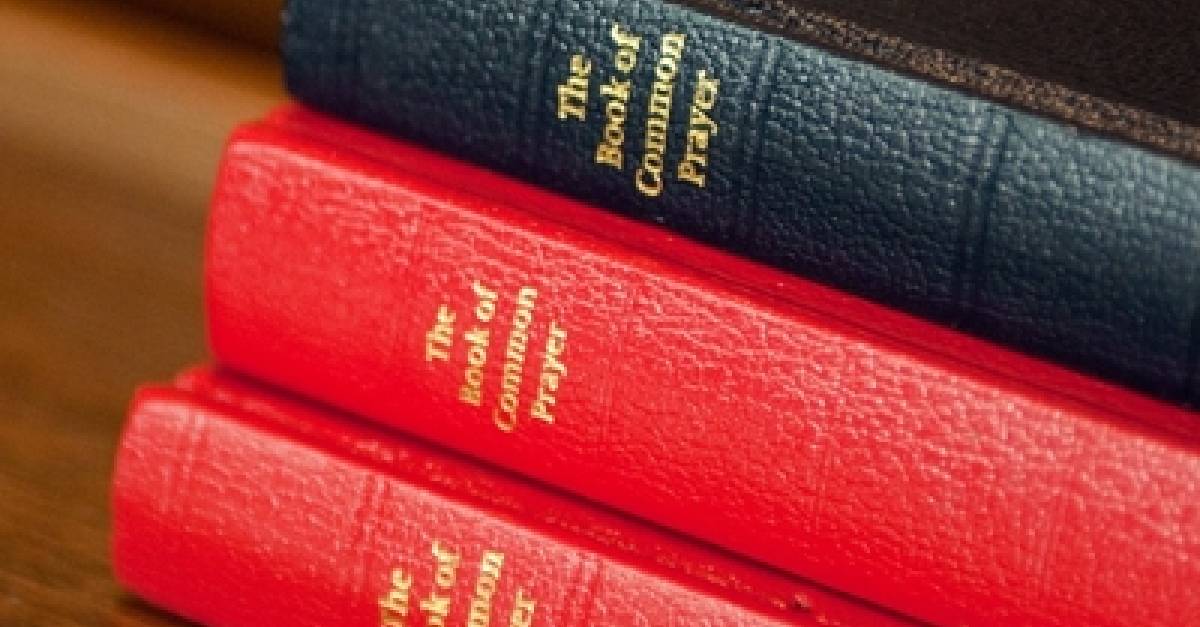The Westminster Confession of Faith, Chapter XXIV, section IV: Marriage ought not to be within the degrees of consanguinity or affinity forbidden in the Word;a nor can such incestuous marriages ever be made lawful by any law of man, or consent of parties, so as those persons may live together as man and wife.b The man may not marry any of his wife’s kindred nearer in blood than he may of his own, nor the woman of her husband’s kindred nearer in blood than of her own.c
a. Lev 18 throughout; Amos 2:7; 1 Cor 5:1. • b. Lev 18:24-28; Mark 6:18. • c. Lev 20:19-21.
- Can someone explain the reasoning behind this section, the exegesis of Leviticus 20:19-21 which supports it, and other related passages? How would this view explain levirate marriage and the marriages of Jacob? Which comentators whose commentary is availble online took this view?
- Can someone explain the argument against this view?
- Can someone explain the historical context's of it's inclusion and removal?
a. Lev 18 throughout; Amos 2:7; 1 Cor 5:1. • b. Lev 18:24-28; Mark 6:18. • c. Lev 20:19-21.
The highlighted section has been removed in many churches who affirm a revised confession.Leviticus 20:19–21
19 And thou shalt not uncover the nakedness of thy mother’s sister, nor of thy father’s sister: for he uncovereth his near kin: they shall bear their iniquity. 20 And if a man shall lie with his uncle’s wife, he hath uncovered his uncle’s nakedness: they shall bear their sin; they shall die childless. 21 And if a man shall take his brother’s wife, it is an unclean thing: he hath uncovered his brother’s nakedness; they shall be childless.
- Can someone explain the reasoning behind this section, the exegesis of Leviticus 20:19-21 which supports it, and other related passages? How would this view explain levirate marriage and the marriages of Jacob? Which comentators whose commentary is availble online took this view?
- Can someone explain the argument against this view?
- Can someone explain the historical context's of it's inclusion and removal?


